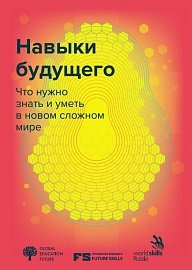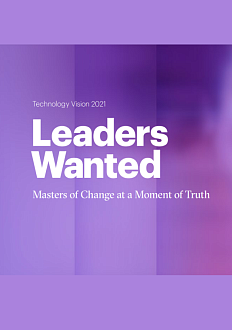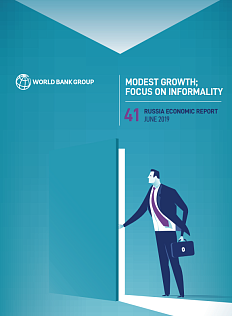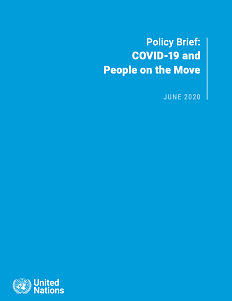In their joint report, the experts from Global Education Futures (GEF) and WorldSkills Russia (WS) are striving to determine the key trends that shape the image of a workplace within the economy of the XXI century. The identified trends are grouped into four categories: technological (digitalization of all areas of life, automation and robotization), technosocial (globalization, environmentalization), social (demographic changes, formation of a network society), and, finally, a meta-trend (acceleration, i. e. an increasing rate of change). These trends are expected to have their effect on three levels: the workplace level, workplace systems, and the external environment.
In the manufacturing sector, automation, digitalization, and robotization will lead to a rise of cyber-physical systems of mass production with a minimal involvement of humans in logistics and production. The dominating trends in the services sector are automation of mass services, unmanned logistics, and global digital entertainment. Changes in the knowledge economy sector include the development of hybrid intelligence, open science, and new management skills. The rise of blockchain technologies and neural networks will eliminate intermediaries in most spheres of human activity. In the face of increasing digitalization and automation, the demand for services from which clients have real contact with a person (human-oriented service) will grow. In a world where all products are standardized and available, the demand for customization of standardized products will grow. Human labor will be in the highest demand in the production of customized products.
.png)
New areas of activity are expected to emerge. Many of these will be focused on the realization of humans creative potential and will require new skills which werent necessary when performing routine physical or intellectual tasks. Attention management, concentration, and awareness will become the basic skills necessary to cope with information overload and to deal with the complex technical systems. Other vital skills include emotional intelligence, digital literacy, creativity, cross-cultural skills, and self-study skills. The authors claim that the traditional model of skills, where skills are divided into «hard» skills and «soft» skills, is outdated. They suggest using a four-layer skill model instead that includes the following levels: context-specific skills (e. g. programming in a specific language), cross-contextual skills (those that can be applied in a larger domain of social or personal activities, e. g. teamwork skills), meta-skills (different modes of operating objects in our mind or in the physical world), and «existential» skills (e. g. the ability to set goals and achieve them (willpower), self-development).
.png)
To solve the problem with the outdated educational paradigm, it would not suffice to define a new set of literacies or update transferred knowledge because its impossible to teach students to be creative by giving them standard tasks. Likewise, its impossible to develop emotional intelligence and empathy when the emotional contact between teachers and students (and between students) is restricted. As a conclusion, the authors claim that economic and social transformation urges us to review the entire logic of the industrial educational model.
This publication has been posted in the Roscongress Information and Analytical System on the recommendation of the Roscongress Foundation expert community.






